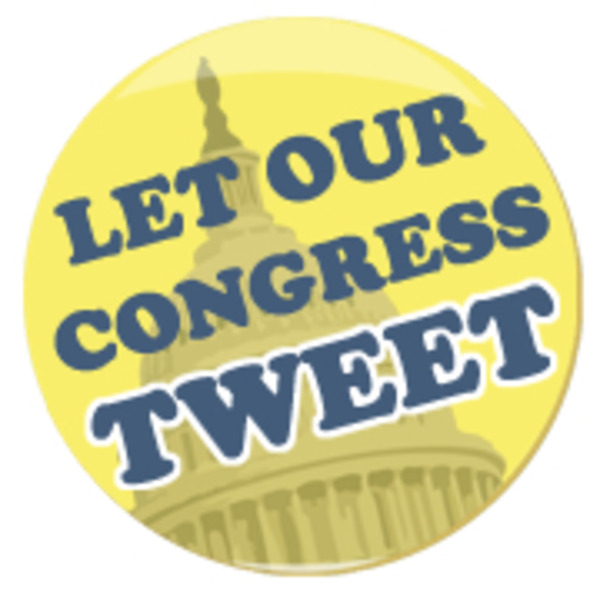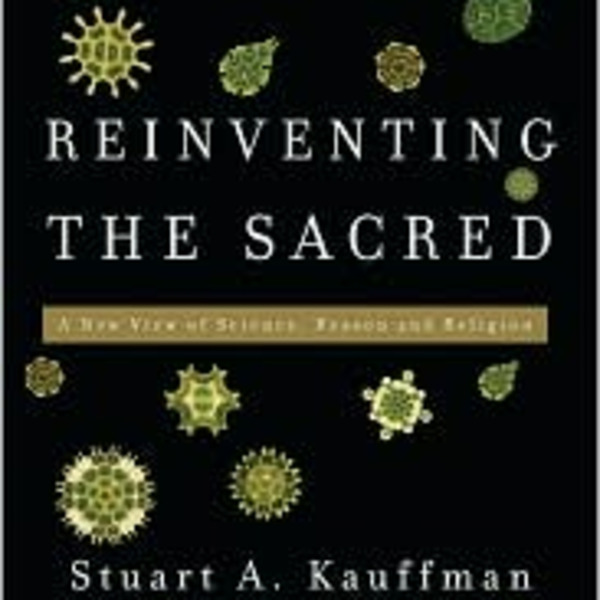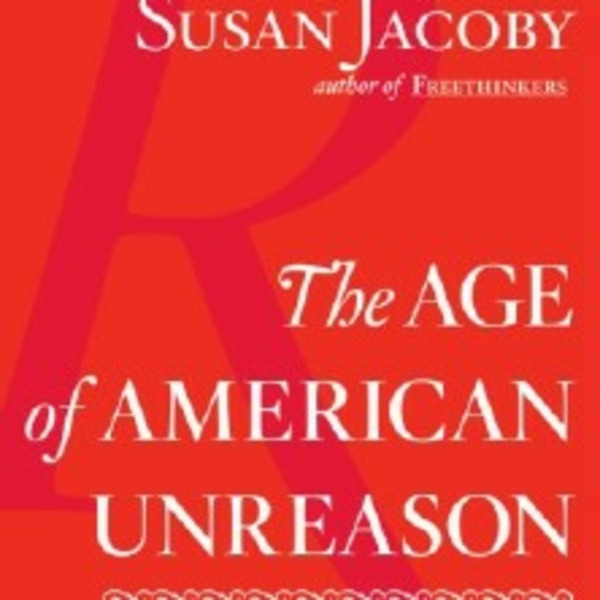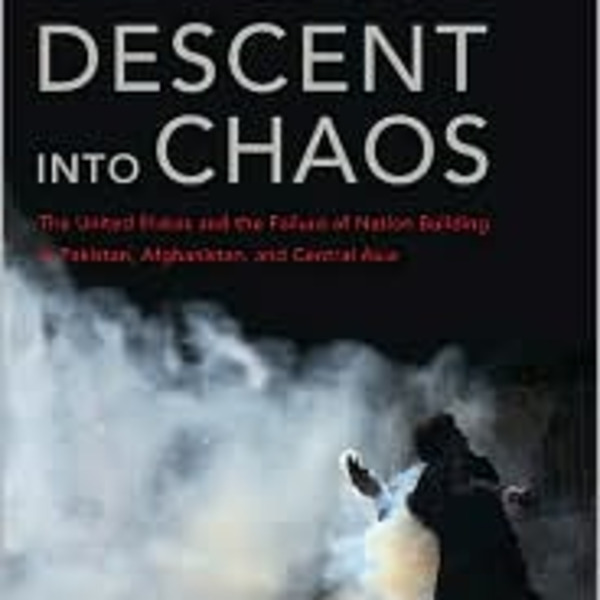Q&A: Lawrence Lessig, Professor and Author
Written on July 14th, 2008
Lawrence Lessig, a professor at Stanford Law School, is a leading thinker on technology and Internet policy. He is the founder of Creative Commons and author of "Code, The Future of Ideas, and Free Culture." You can learn more at http://change-congress.org Change Congress is a movement to build support for basic reform in how our government functions. Using our tools, both candidates and citizens can pledge their support for basic changes to reduce the distorting influence of money in Washington. Our community will link candidates committed to a reform with volunteers and contributors who support it. Our Principles Change Congress is a national movement to end corruption in America's congress. We're organizing citizens to push candidates to make four simple commitments: 1. No money from lobbyists or PACs Congresspeople should be beholden to citizens, not special interests. By committing not to accept money from lobbyists or PACs, candidates give us confidence that their votes won't be swayed by big money. This pledge was most prominently advanced by Senator Edwards in his Presidential campaign. To read more, click here. 2. Vote to end earmarks. Earmarks allow congresspeople to explicitly decide who should get the money our government spends. Because of the earmark economy, money that is supposed to go to our schools, our soldiers, and our citizens is instead diverted to political donors and pork-barrel projects like the "Bridge to Nowhere". We can't clean up Congress until we end this blatant system of corruption. Republicans have recently pushed prominently for changes such as these. A pledge to support ending earmarks means a Member will vote for proposals that will permanently abolish earmarks. Importantly, it does not mean that while the system of earmarks remains, the Member will choose to forego earmarks for his or her district. Until the system is changed, that choice is left up to the Member. 3. Support reform to increase Congressional transparency Sunlight is the best disinfectant, and we would all benefit from a cleaner Congress if more of its proceedings, and the proceedings of its members, were public. This pledge calls for changes in the law and rules of Congress to get all members to be more public about meetings and contacts, including changing the rules so lawmakers post weekly updates of their campaign contributions, meetings with registered lobbyists, their latest earmark requests, and significant changes in their personal wealth. ` 4. Support publicly-financed campaigns. It's not enough to just push particular candidates to stay out of the system of corruption; we have to reform the system itself. Publicly- financed campaigns will stop the cycle of campaign finance reform loopholes and ensure that big money stays out of Congress forever. Public financing has been supported by both Republicans and Democrats.
Q&A: STUART KAUFFMAN, Author
Written on July 3rd, 2008
Aired 07/01/08 Stuart Kauffman is the Director of the Institute for Biocomplexity and Informatics at the University of Calgary and Fellow of the Santa Fe Institute. His newest book: REINVENTING THE SACRED: A NEW VIEW OF SCIENCE, REASON, AND RELIGION With economic and communications globalization, some form of a global civilization is beginning to emerge. Just as we confront the challenges of global warming and peak oil, and the likelihood of growing hunger and resource wars, our diverse cultures are being crushed together. One response is a retreat into fundamentalisms, often religious, often hostile. Clearly there's an urgent need for new thinking. STUART KAUFFMAN says that's why he wrote Reinventing the Sacred. Rooted in hard science, the book - and it's passionate author -- aims for nothing less than a revolution in how we see the world, reality, God, and our role in it all. I think he's onto something.
Q&A: SUSAN JACOBY, Author
Written on June 30th, 2008
SUSAN JACOBY – "THE AGE OF AMERICAN UNREASON" American 15-year-olds rank 24th out of 29 countries in mathematical literacy. Americans are as likely to believe in flying saucers as in evolution. Depending on how the questions are asked, roughly 30-40 % of Americans believe in each. A 34-nation study found Americans less likely to believe in evolution than citizens of any of the countries polled except Turkey, and President George Bush says “the jury is still out.” in the summer of 2005 nearly two-thirds of Americans told pollsters that they believed creationism should be taught in schools alongside Darwinian evolution. Steve Colbert interviewed Georgia Rep. Lynn Westmoreland on "The Colbert Report." Westmoreland co-sponsored a bill that would require the display of the Ten Commandments in both the House of Representatives and the Senate, but, when asked, couldn't actually list the commandments. This stuff would be funny if it weren’t so tragic or dangerous. According to the Program on International Policy Attitudes, University of Maryland, among Bush supporters in the 2004 election, nearly 70% believed the U.S. had "clear evidence" that Saddam Hussein was working closely with Al Qaeda, a third believed weapons of mass destruction were found in Iraq, and more than a third that a substantial majority of world opinion supported the U.S.-led invasion. We can assume they were similarly uninformed about who benefits from Bush tax cuts, and the success or meaning of No Child Left Behind, Clear Skies, Healthy Forests, the Medicare prescription benefit, etc.? I believe there has been a concerted effort on the part of political and cultural advocates to encourage misinformation and the ignoring of evidence. In addition, their labeling of “intelligent” and “informed” as “elite” and “effete” implies that ignorance is somehow both valuable and under attack. I also believe that to ignore evidence – scientific as well as simply factual -- is primitive, pathological, suicidal, and an unfit way to run the world. Susan Jacoby has written a book about this -- THE AGE OF AMERICAN UNREASON. A former reporter for the Washington Post and program director of the Center for Inquiry-New York City, Susan Jacoby, is the author of five books, including WILD JUSTICE, a Pulitzer Prize finalist. and FREETHINKERS: A HISTORY OF AMERICAN SECULARISM. Her political blog, The Secularist’s Corner is on the Web site of The Washington Post. http://www.susanjacoby.com
Q&A: AHMED RASHID, Author and Journalist
Written on June 27th, 2008
AHMED RASHID – DESCENT INTO CHAOS In his new book, DESCENT INTO CHAOS, AHMED RASHID asks what has gone wrong since the invasion of Afghanistan. This interview was recorded June 13th. This from an editorial in that morning’s New York Times: “There is enormous confusion about what happened Tuesday night on Pakistan’s border with Afghanistan. Pakistani officials say that American air and artillery strikes killed 11 of their paramilitary troops, and some are angrily demanding an end to all military cooperation. The Bush administration says that American forces were firing in self-defense — against Taliban fighters crossing into Afghanistan — and made conflicting statements about whether any Pakistani troops had died.” A center of global instability for many decades, this is just the latest example of why Pakistan may now be the most dangerous place on Earth. Bordering Iran, Afghanistan and its perennial enemy, India, the nation straddles racial and religious fault lines, the impoverished majority Sunni population rubbing up against a minority of wealthy Shiites. The Islamic republic has spawned thousands of religious seminaries whose graduates have gone on to fight across South Asia, Chechnya and the Philippines, and most recently planned attacks in Madrid, London and Frankfurt, Germany. Almost every global terrorist plot carried out or prevented since 2004 has been traced to training, funding or material support from al-Qaeda based in Pakistan's northwest areas. To top things off, there is our allie’s unsecured nuclear weapons program and the nuke bazaar run for years by General Khan which supplied “rogue” states with nuclear technology and expertise. The US has spent over $10 billion in aid to Pakistan since 2001, about half for operations on our behalf against extremists, especially in Afghanistan. Following the murder of Benazir Bhutto, the change in Pakistan's government and military structure, and the recent attempt on the life of Afghan President Hamid Karzai, the political climate is no more stable than it was seven years ago -- when AHMED RASHID introduced the English-speaking world to the region in his New York Times bestseller, TALIBAN (translated into 26 languages, English language sales over 1.5 million copies.) AHMED RASHID is a Pakistani journalist, based in Lahore, who writes for "The Daily Telegraph (London)", "The Washington Post", "The International Herald Tribune", "The New York Review of Books", "BBC Online", and "The Nation". His books include JIHAD, TALIBAN, and THE RESURGENCE OF CENTRAL ASIA, and his newest, DESCENT INTO CHAOS. In January 2002 he established the ‘’Open Media Fund for Afghanistan’’ (OMFA), which gives cash grants to newly starting independent print media in Afghanistan.
Q&A: Gay Browne, Founder & CEO of Greenopia
Written on June 10th, 2008
Greenopia is your local guide to green living. Greenopia created a directory of eco-friendly retailers, services, and organizations and conducted extensive research on those Greenopia listed in the guide. Greenopia's guide is not a paid directory; companies cannot pay to be included and all listees are included because they met our strict standards of eco-friendliness. They have already been screened for their sustainability in the product or service arena and are now being compared with "the best of the best." http://greenopia.com
